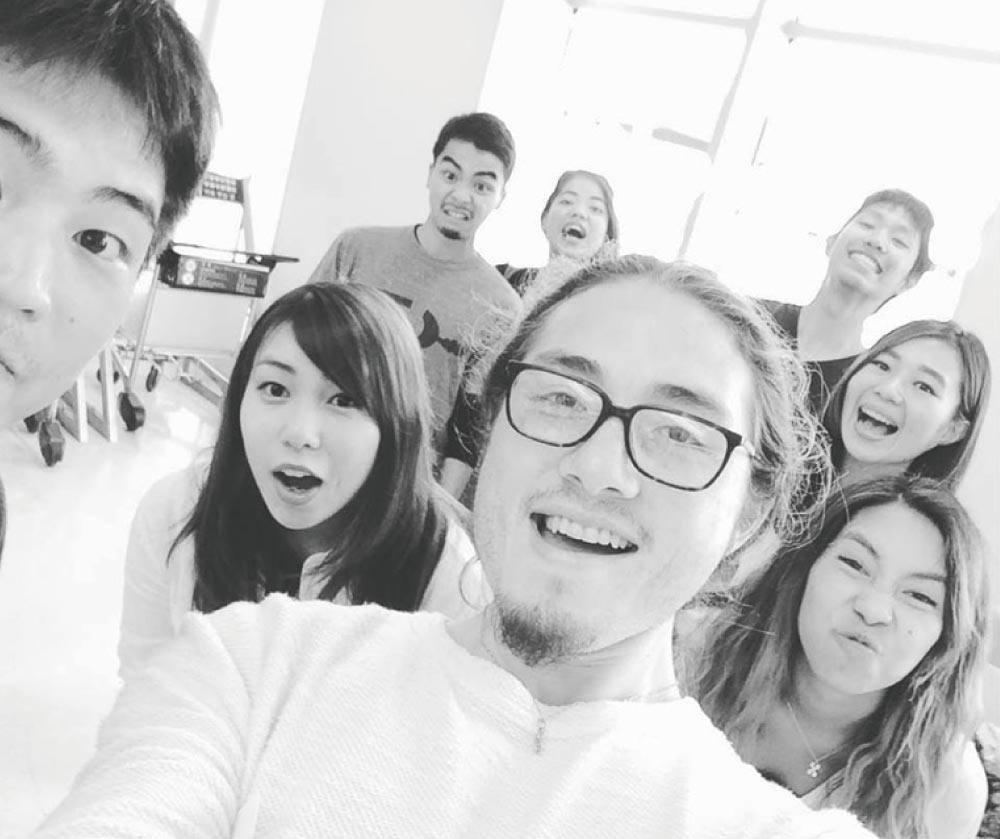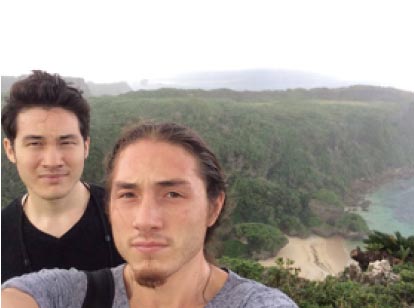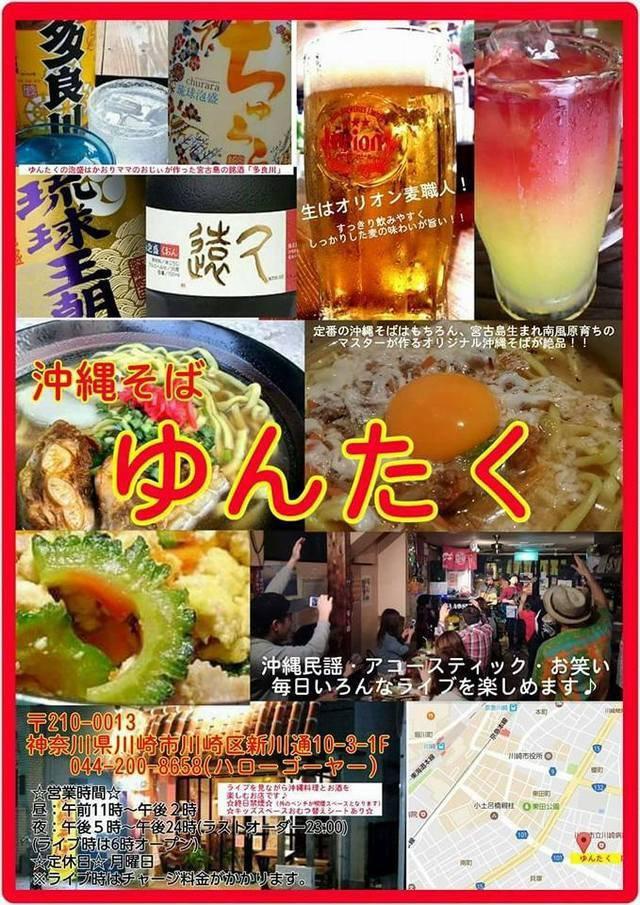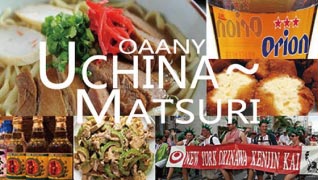Journey to the Heart
1:08 AM
Severed roots
We grew up believing we were Japanese. That’s what Dad told us. And really, that was so far away, what did we care? We were just two kids, half Asian, half White, growing up in America. Life was about religion, career, being good students and good people.
Our White peers called us names, made “Asian eyes” at us, spoke in “Asian” gibberish. We didn’t quite understand, but on some level, it was clear--we weren’t totally welcome here. So, we tried harder to be accepted.
High school came along, and we tried to be like the other American kids: be cool, wear the right clothes, go to football games. We played soccer and basketball, so we were somewhat popular. But we were also pastor’s kids, so we were also known as “goody-two-shoes,” the ones who didn’t drink, didn’t party, didn’t curse.
We didn’t have access to those cultural roots. We didn’t have grandma cooking soba or ashitibitchi, didn’t learn eisaa or Sanshin, never heard a word of Uchinaaguchi. I didn’t know my family’s home villages (Kitanakagusuku and Misato, Okinawa-shii) until I was 24.
Without these, we took on the form of what was around us: American culture, the Church, what our friends said. We were shapeless inside, molded into the image of these external influences; we were liquid glass, blown into presentable vases to sit on the shelves with all of the others.
Somewhere within, we knew. A longing, hidden somewhere in the deeper passages of the heart, began to sing--it agitated our systems, forcing a restlessness upon us. We began to wonder who we were.
We were searching. Things started to happen. Uyafaauji were watching, guiding.
I dreamed of the Pacific Ocean, of standing on islands as manta rays and whales came, bringing messages. They were the gods of the ocean. They ferried our spirits to and from the nirai kanai.
A White professor gave a lecture to my brother’s class, in which he intentionally noted that the Ryukyu Kingdom was distinct from Japan; that it had its own culture and political system. My brother went home and asked our Dad, “Is that us? Are we Okinawan?” Dad replied, “Yes, of course; why you think we so hairy?”
Another professor, this one Japanese, connected my brother to the second Wakamono Taikai, which was set to take place that summer, July of 2013. We decided to go.

choo kukuru ru dee ichi
I remember walking into that room, full of young Uchinaanchu from all over the world, and knowing that life would forever be different. What mattered there, in that space, was the heart, chimugukuru--everything else was secondary. We shared stories, across 5 languages, laughing with the freedom of children as we began to understand one another. That shapelessness within me began to find grounding, solidity; those fine fibers of Self began to timidly reach back, touching for the first time those enduring roots of shared Past, language, Land. The heart beat more fully, pumping shii, soul force--warming my extremities with a Vital heat, opening my senses to feel in ways I never before imagined.
Something happens when we reforge those connections. When we come to know ourselves again as “Uchinaanchu.” When we speak again in shimakutuba. When we utootoo at the tootoome for the first time--hijai and nijiri meeting in a fractal union of the cosmos.
Before that first Wakamono, my heart hurt. It raced, surged, clenched with anger and bitterness. Ironically enough, heart disease runs in my family. I believe that due to being there, meeting those Uchinaanchu, it is unlikely that I will develop heart pathology. My heart, on a profound level, was healed.. And is still healing.
The relationships we formed 4 years ago have become like family. Our famous proverb, ichariba choodee is just as much an incantation: it would seem to bind our hearts together. When we see each other again, it is like we never left. It is an unmistakable feeling. Five years ago, I would not have believed in this kind of community.
Each journey, each shift in one Uchinaanchu affects all of us Uchinaanchu: Homeland and diaspora, future descendents, the current generations, and uyafaauji. In Uchinaa, each rebuilt utaki, each worldwide taikai, each devastated ocean bay affects all of us Uchinaanchu, all over the world. Whether we are there or not--we feel it. We feel each other, across time and space. Kunu yuu, kunu chiin: this world, this floating world.
This past November, I visited with some friends seifa-utaki. The ground pulsated with power. I looked out on Kudakajima--Amamikyu was there. She said that she had been waiting for me to come Home.
To all Uchinaanchu around the world, tusui and warabi, uyafaauji surrounding us, Amamikyu and all of the kamisama--
Ippe nifee de biru. For all of your courage, guidance, love. You make us more whole.

From Minnesota USA,
David Kim
Minnesota Kenjinkai








